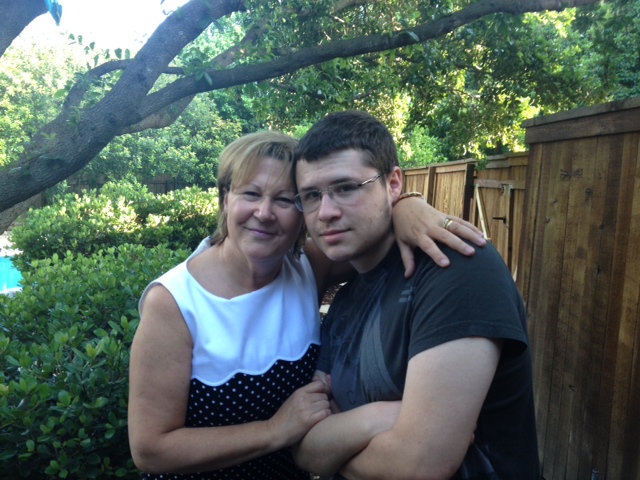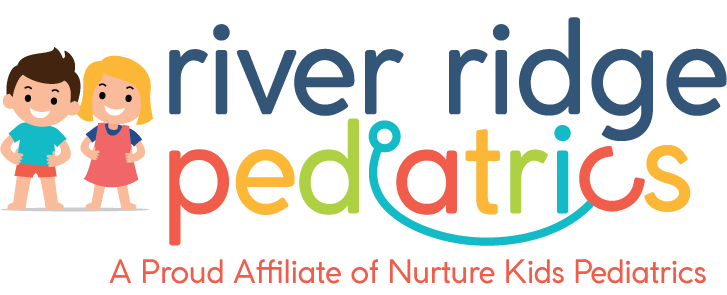The Challenges of Raising a Child With Autism
The Challenges of Raising a Child With Autism
As a mother of a child with Autism Spectrum Disorder (ASD), and as a doctor, I have more questions than answers when it comes to explaining autism to others. I have the same struggles other parents face daily and I can say, without a doubt in my mind, that the main challenge over the years has been the lack of understanding from the community and, yes, from family and friends.
It is hard for a parent to realize that your child has a lifelong condition that is going to limit his socialization and his ability to be successful in life. But it is heart-breaking to learn that you can’t count on the understanding and support from those around you. Any parent showing up to a gathering with a child in a wheelchair can count on the help and empathy of others. When the condition is a mental one, even when it may be as debilitating and demanding as any other, we often see those close to us turning away, expecting more from the child and blaming us, the parents, for the child’s behavior. This has been the experience of many of my patients and also my own. It is important to bring it up because these attitudes often isolate the family and aggravate the already precarious socialization abilities of the child.
 April is National Autism Awareness Month, but we need to be aware of autism every month of the year and every day of the month, because these children are around us. The Center for Disease Control and Prevention recently released information about the incidence of autism; the statistics are very concerning: One in every 68 children has Autism Spectrum Disorder.
April is National Autism Awareness Month, but we need to be aware of autism every month of the year and every day of the month, because these children are around us. The Center for Disease Control and Prevention recently released information about the incidence of autism; the statistics are very concerning: One in every 68 children has Autism Spectrum Disorder.
The cause of this epidemic remains obscure, but all evidence points to a genetic origin of the disease. It has to do with gene malfunction passing from our ancestors to current generations. Our human genome is not as static as some believe and mutations happen constantly. Fortunately, many of those genetic mutations or changes do not transcend into a recognizable disease or deficit, but others may cause subtle impairments that may became stronger and more evident with generations and when two individuals with a similar mutation happen to became parents together. From this incredible array of possibilities emerges the many different manifestations of the disease.
Our goal should be to identify early and offer children all the help and support to allow them to develop as far as they can. The support we need comes from schools, recreational centers, churches, families and friends. These children function better when they feel accepted and appreciated than when they only see challenges around them. In this aspect they are not much different from the rest of us.
The National Autism Network asked parents of children with autism what they wanted others to know about their kids, and parents of autistic children want you to know that our kids are amazing and talented; that there is a struggle for success everyday and we don’t need pity but respect and dignity; we want to remind you that parenting is difficult, but more for parents of children with autism; that a smile during a tantrum is better than a frown; that each one of our children is different and that, while the disease is not terminal, there is always a danger.
It is time now to start thinking about the future of these children and how we are going to integrate them into society, the same way we have done with many other chronic disorders. It is time for action. We have provided more information about autism and ADHD resources on our website or you may contact our office to schedule an evaluation for your child.

 Next Post
Next Post



